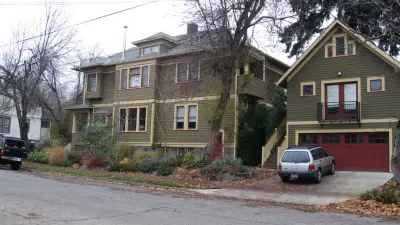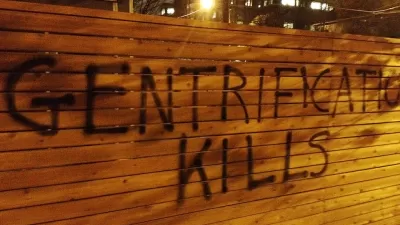Reuben Duarte is a Land Use Planner at Sheppard Mullin in Los Angeles, California, where he assists real estate developers, property owners, and other business entities in guiding their projects through the entitlement process, including permitting, regulatory and environmental compliance (CEQA), stakeholder engagement, and community outreach. Reuben has also written as a contributing editor for the Climate Change Law & Policy Reporter.
Reuben received his BA in Legal Studies and Sociology from UC Berkeley, and a Masters in Urban & Regional Planning from UCLA, where he specialized in transportation planning and policy, and urban design and development. His primary areas of interest include: real estate and economic development, urban design, land use and transportation policy, high-speed rail, and political environments.
In his spare time, Reuben enjoys serving as the Communications Director for the California (UC Berkeley) Alumni Association in Los Angeles. Originally from Visalia in California’s Central Valley, he now lives in West Hollywood where he can be found drinking whiskey on a patio somewhere.
You can contact Reuben directly via email at [email protected].

What is Urban Decay? (And Why the Answer Matters)
The ambiguous definition of 'urban decay' dilutes the argument for requiring this less-well-known environmental study.

San Francisco's Proposed Housing Moratorium Is a Bad Idea
After San Francisco Supervisors reject housing moratorium, proponents vow ballot initiative. But a moratorium is the wrong solution to the problem and would likely lead to continued price increases, condo conversions, and Ellis Act evictions.

The Trouble with Legalizing Illegal Units
The recent example of a dramatic rent increase in San Francisco may be less about loopholes in current housing laws and more about failing to consider all the implications of rushed legislation.

The Rise of the Development Agreement
The evolution of the development agreement reveals how its proliferation as a land use tool is a symptom of a larger struggle between increasingly complicated land use regulations, the public’s conflicting goals, and developers’ desire for certainty

The False Choice in the Gentrification Debate
The income of original residents is more important to the gentrification debate than any opposition to luxury development or price controls. We need to begin to embed income inequality within the gentrification debate.

























